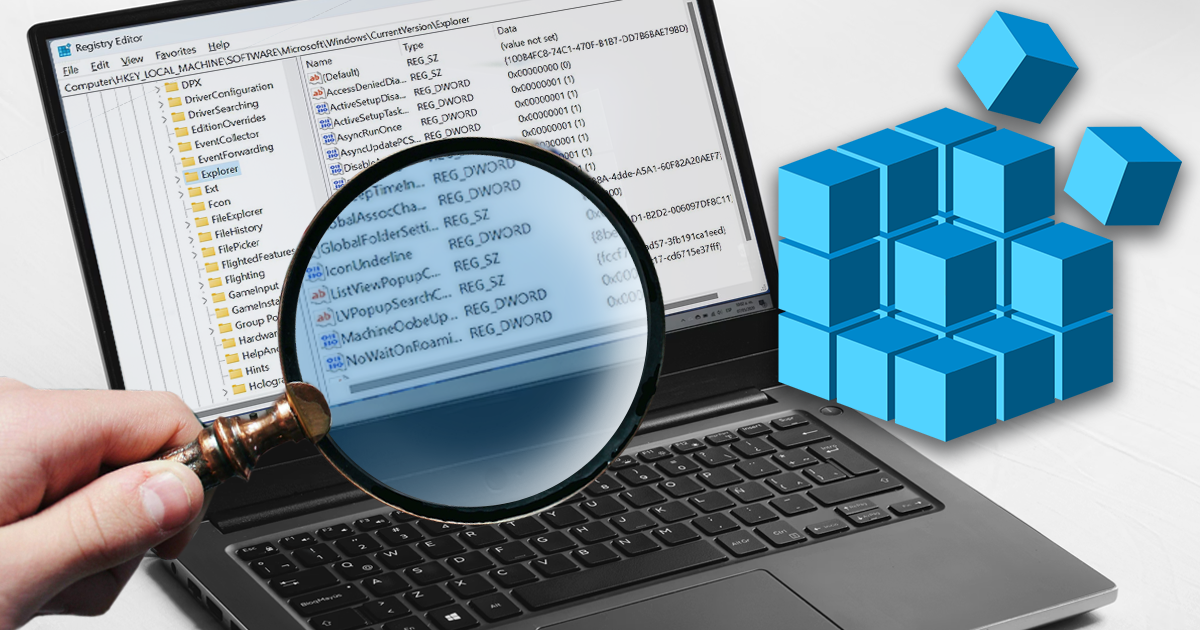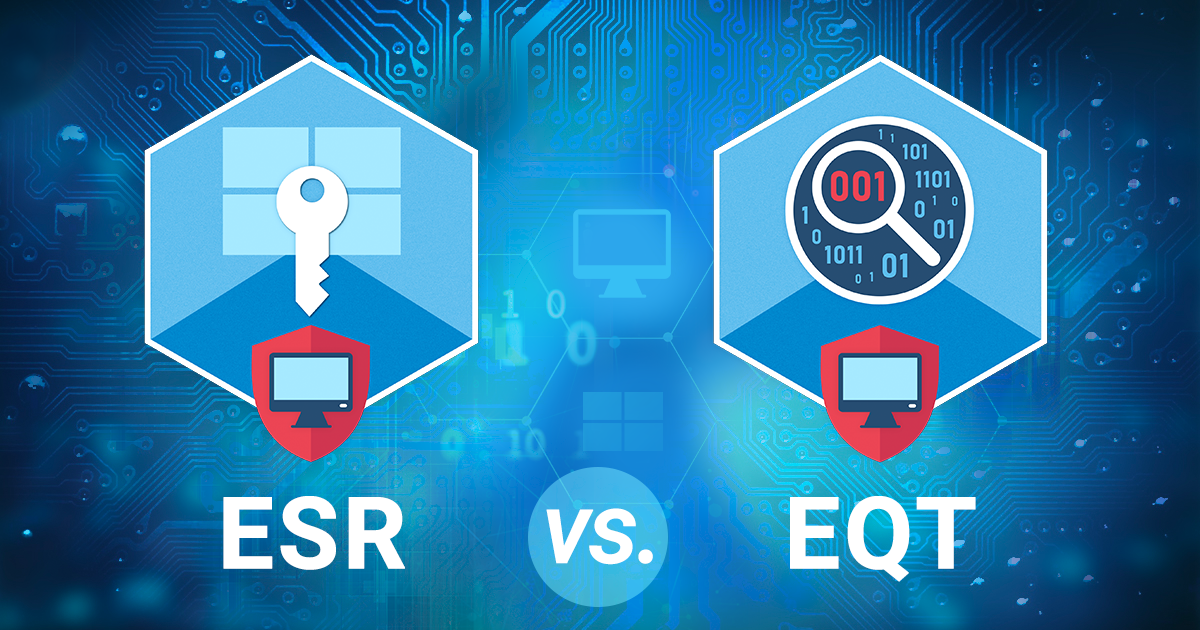Forensic acquisition using Elcomsoft iOS Forensic Toolkit (EIFT) has undergone significant changes over the last few years. The earlier major branch, EIFT 7, was a carefully crafted but Windows-only script that automated the use of several bundled tools and guided the user without requiring them to know how to use each of them individually. EIFT 8 brought many new features, a more powerful interface and widespread support for new devices and host operating systems. Due to restrictions and challenges, not all features were immediately available on all platforms. There are still some minor differences in features between Windows, Linux, and macOS versions of the tool.
In the realm of iOS device forensics, the use of the checkm8 exploit for low-level extractions has become a common practice. However, when using this method, you may occasionally need to remove the device’s screen lock passcode, which can lead to several undesirable consequences. In this article, we’ll study these consequences and learn when you need a screen lock reset, when it can be avoided, and how what the latest iOS Forensic Toolkit has to do with it.
iOS backup passwords are a frequent topic in our blog. We published numerous articles about these passwords, and we do realize it might be hard for a reader to get a clear picture from these scattered articles. This one publication is to rule them all. We’ll talk about what these passwords are, how they affect things, how to recover them, whether they can be reset, and whether you should bother. We’ll summarize years of research and provide specific recommendations for dealing with passwords.
In iOS device forensics, the process of low-level extraction plays a crucial role in accessing essential data for analysis. Bootloader-level extraction through checkm8 has consistently been the best and most forensically sound method for devices with a bootloader vulnerability. But even though we brought the best extraction method to Linux and Windows in recent releases, support for iOS 16 on these platforms was still lacking behind. In this article we’ll talk about the complexities in iOS 16 extractions and how we worked around them in the newest release of iOS Forensic Toolkit.
The latest update to iOS Forensic Toolkit brought the ability to mount HFS disk images extracted from legacy Apple devices as drive letters on Windows systems. This new capability to mount HFS images on Windows empowers experts to efficiently process and analyze digital evidence extracted from legacy Apple devices on Windows-based computers. This article provides detailed instructions on using the new feature.
When equipping a forensic lab, having a diverse set of tools is extremely important due to their diverse, rarely overlapping capabilities, and the need for cross-checking the results. With that many tools, compatibility is crucial. This is why we went a long way to ensure that any data extracted with our mobile forensic tools can be opened in many popular forensic analysis tools.
Elcomsoft iOS Forensic Toolkit (EIFT) is a powerful software designed to acquire data from various Apple devices, ranging from iPhones to HomePods. However, to make the most of this tool, you’ll need more than just the software itself. In this article, we will quickly review the mandatory and optional accessories that are essential for the effective use of the product.
This guide covers the correct installation procedure for Elcomsoft low-level extraction agent, an integral part of iOS Forensic Toolkit that helps extracting the file system and keychain from supported iOS devices. This instruction manual provides a step-by-step guide for setting up a device and installing the extraction agent. We’ve included suggestions from troubleshooting scenarios and recommendations we derived during testing.
The first developer beta of iOS 17.3 includes Stolen Device Protection, a major new security feature designed to protect the user’s sensitive information stored in the device and in iCloud account if their iPhone is stolen and the thief gets access to the phone’s passcode. This optional feature could represent a significant change in how Apple looks at security, where currently the passcode is king. At this time, no detailed documentation is available; developers are getting a prompt to test the feature when installing the new beta.
The latest update of iOS Forensic Toolkit brought an all-new Linux edition, opening up a world of possibilities in mobile device analysis. The highly anticipated Linux edition preserves and expands the features previously available to macOS and Windows users. Forensic professionals can now perform advanced logical and low-level extractions with the aid of a custom extraction agent and extract information using the bootloader-level exploit, making forensic analysis more accessible on Linux platforms.


